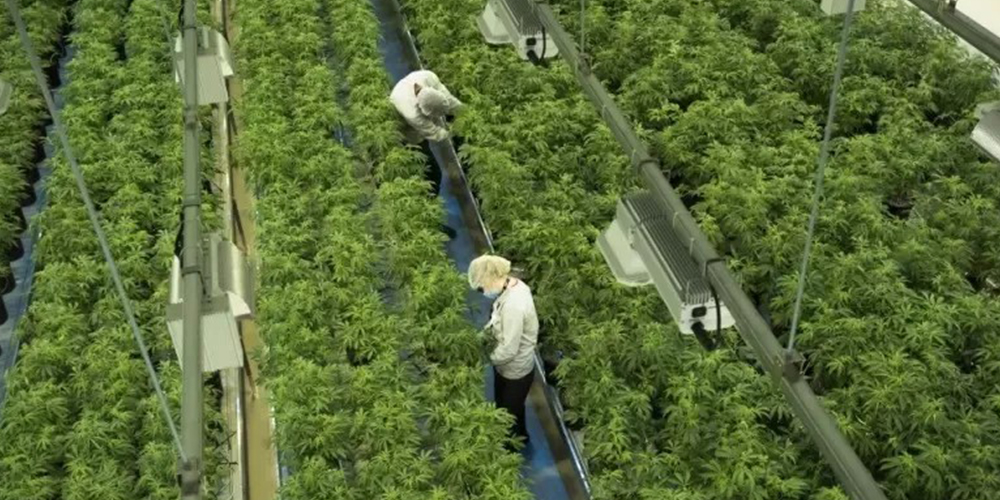
First authorized by the Oregon Senate on April 17, Senate Bill 558 was adopted by the Oregon House on May 19 by a vote of 40–10. On Wednesday, May 21st, Governor Tina Kotek (D) granted it final approval.
The law will allow licensed marijuana producers, processors, wholesalers and retailers to provide “trade samples” of their products to other cannabis companies at trade shows and temporary events registered with the Oregon Liquor and Cannabis Commission (OLCC). It will not, however, allow the general public to receive samples if they aren’t permitted workers in the industry.
The bill also eliminates a restriction that now requires a 24-hour waiting time following a wholesaler transaction with another business before the product could be distributed, In an effort to reduce the expense associated with transporting cannabis after the event ends.
Permitted cannabis workers will be able to purchase seeds and samples of immature plants from producers, as long as they don’t exceed the state-mandated possession limitations.
During a public hearing for the bill earlier in May, Niki Terzieff of the Cannabis Industry Alliance of Oregon stated this measure would assist the marijuana companies in “parodying” tactics that are observed in other industries. She pointed out that it might also increase productivity for companies that generate income for drug rehab programs.
“Many of the rules in the books today were written when the legal market was new, untested and we had very little knowledge,” Cannabis Industry Alliance of Oregon Executive Director Jesse Bontecou added. “They reflect early fears and not realities of a now-mature, highly competent industry that employs thousands and contributes hundreds of millions in economic activity.”
Tucker Holland, a co-founder of Entourage Cannabis, stated that the legislation may also enhance quality control and transparency in the local marijuana market.
“This ensures retail staff can have personal experience and comprehensive knowledge of our offerings because the retail staff serve as the primary educators for consumers,” Holland added. “Overly burdensome regulations — particularly those that no longer serve the original purpose — can unintentionally fuel the very issues they were meant to prevent. When legitimate operators are hamstrung by outdated rules it creates gaps that the illicit market is all too eager to fill.”
The News is sourced from KOIN.
Post time: Jun-05-2025




